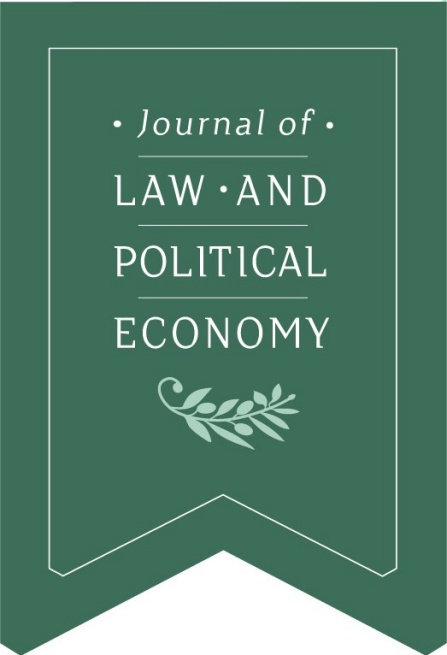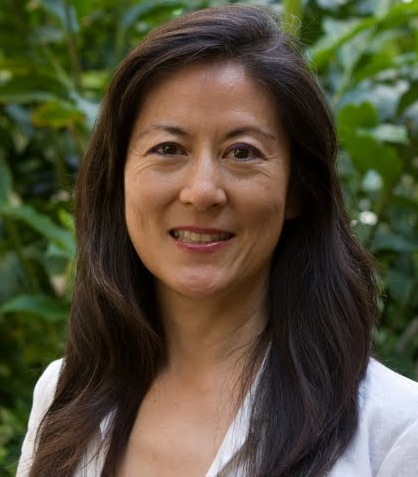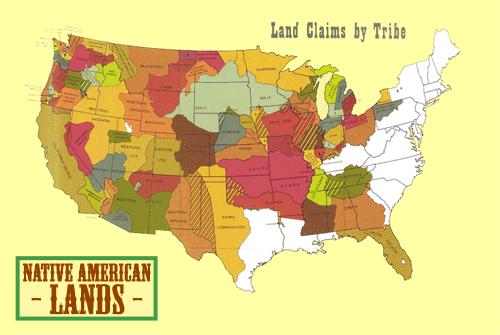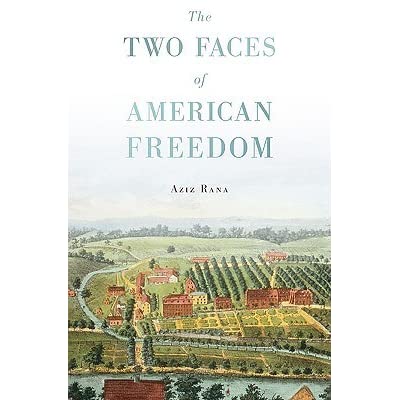
Tax Breaks for Colonization?
Much attention has been rightly paid to the billions of dollars that the U.S. government hands over to Israel every year, regardless of Israel’s war crimes, or even the warnings of military and diplomatic experts’ that such support might harm U.S. strategic interests in the region. Less public scrutiny has been trained on the U.S. government’s indirect support to the Israeli settlement enterprise through the export of private actors, ideology and capital. But the colonization of Palestine has always been a multinational endeavor that extends beyond state-based support and that is inextricably intertwined with private forms of action.








